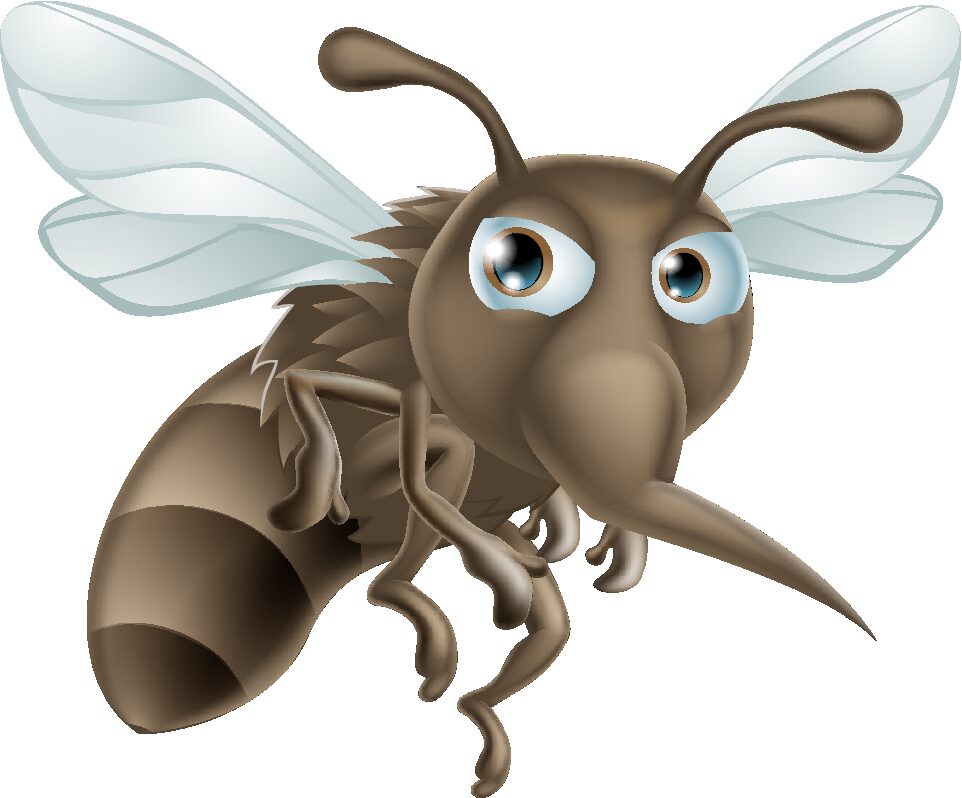
Mosquitoes are a common pest, and they can ruin a perfectly good night out.
They’re not just annoying – they can carry dangerous viruses, parasites, and other harmful diseases.
If you’re going to be spending a lot of time out in mosquito-prone areas, especially near water, you’ll need to cover up to protect yourself.
Wearing long sleeves and long pants is an excellent way to avoid bites, but some fabrics and clothing styles are better than others.
Clothes That Mosquitoes Can Bite Through
With their long and sharp mouthparts, mosquitoes can bite through thinner fabrics.
Any meshy or loosely-knit fabric can allow mosquitoes to get to your skin.
Skin-tight clothing such as spandex, yoga pants, tights, and compression clothing is easy for mosquitoes to bite through.
Clothes with excessively loose necklines or sleeves may also be risky as mosquitoes might be able to sneak inside and bite multiple times.
Protective Clothing For Mosquitoes
To avoid being bitten through your clothing, you’ll need to wear some items that are less penetrable by mosquitoes:
- Heavier cotton
- polyester
- denim
- tight-knit wool
- water-resistant nylon
- velvet
Most thicker jackets and clothing will be suitable for keeping mosquitoes away.
To protect your face and neck, you can wear a scarf or bandanna that is tightly woven, or there are hats available that have mosquito netting to cover your face.
Insect Repellents
In addition to wearing protective clothing, you can use mosquito repellents on your clothes or skin.
DEET is the most common and effective active ingredient in insect repellents.
If you prefer a plant-based repellent, many plant extracts and oils have been observed to repel mosquitoes, but this effect typically only lasts a short time, sometimes only a few minutes. However, it’s important to note that just because these may be “more natural” doesn’t necessarily mean they are safer.
DEET has been rigorously tested for many decades. It is by far the most closely scrutinized insect repellent and has an excellent safety record (but keep it away from your mouth, eyes, and other openings). Other plant-based repellents have not been tested as extensively and have shown adverse effects in some cases.
The only plant-based repellent used by the CDC in disease-endemic areas is PMD (para-methane 3-8, diol) derived from lemon eucalyptus leaves.
Treating Mosquito Bites
Some people seem to attract mosquitoes. It appears to have something to do with a person’s unique body odor, and there may even be heritable, genetic factors connected to this.
If you do get bitten:
- Wash the affected area thoroughly with anti-bacterial soap to reduce the risk of infection.
- Apply an ice pack wrapped in a cloth to reduce swelling and redness.
- Use an anti-itch or antihistamine cream to relieve itchiness.
- Aloe vera gel has been shown to promote the healing of skin injuries, including bug bites.
If you notice any abnormal skin changes, such as red streaks emanating from the bite, visit your doctor to check for infection.






















